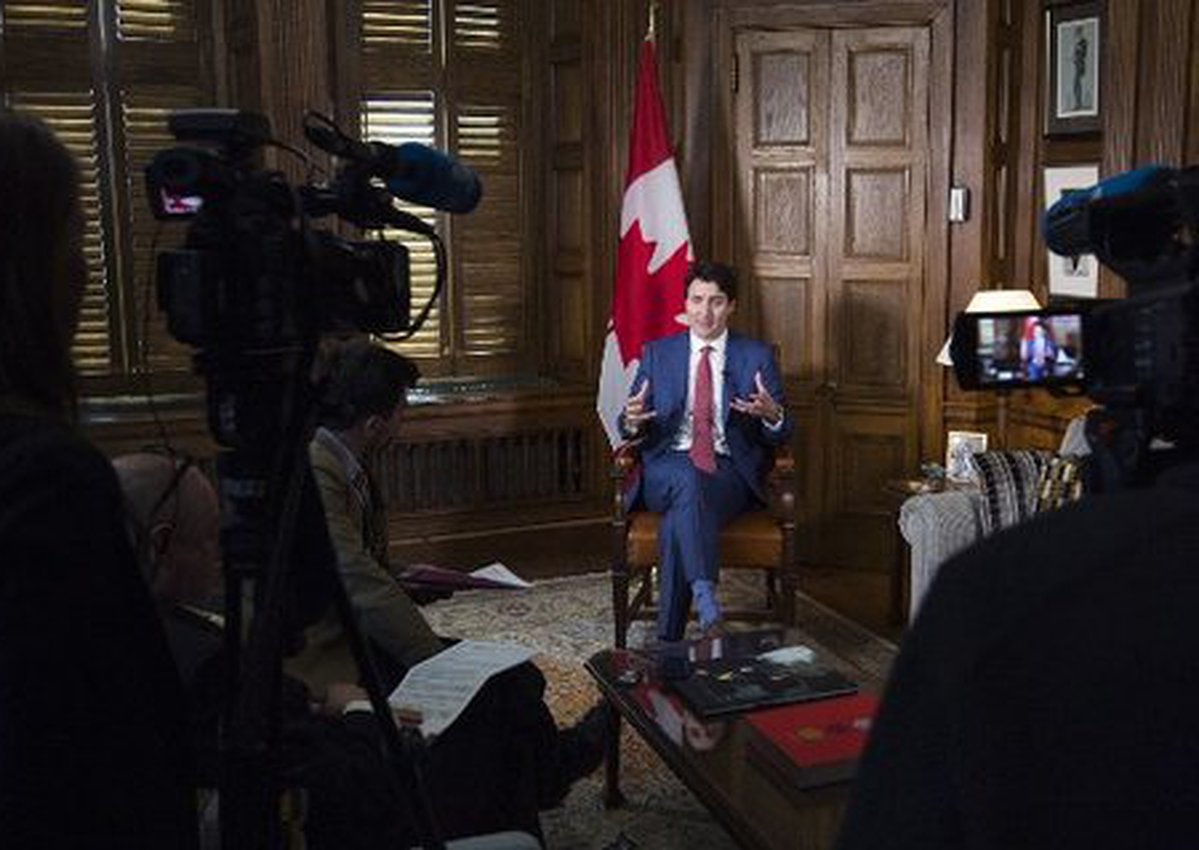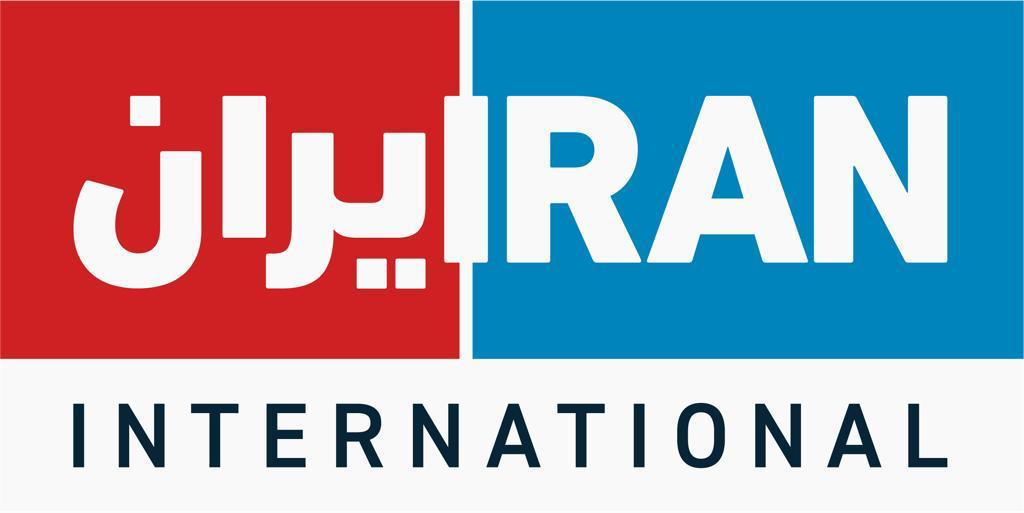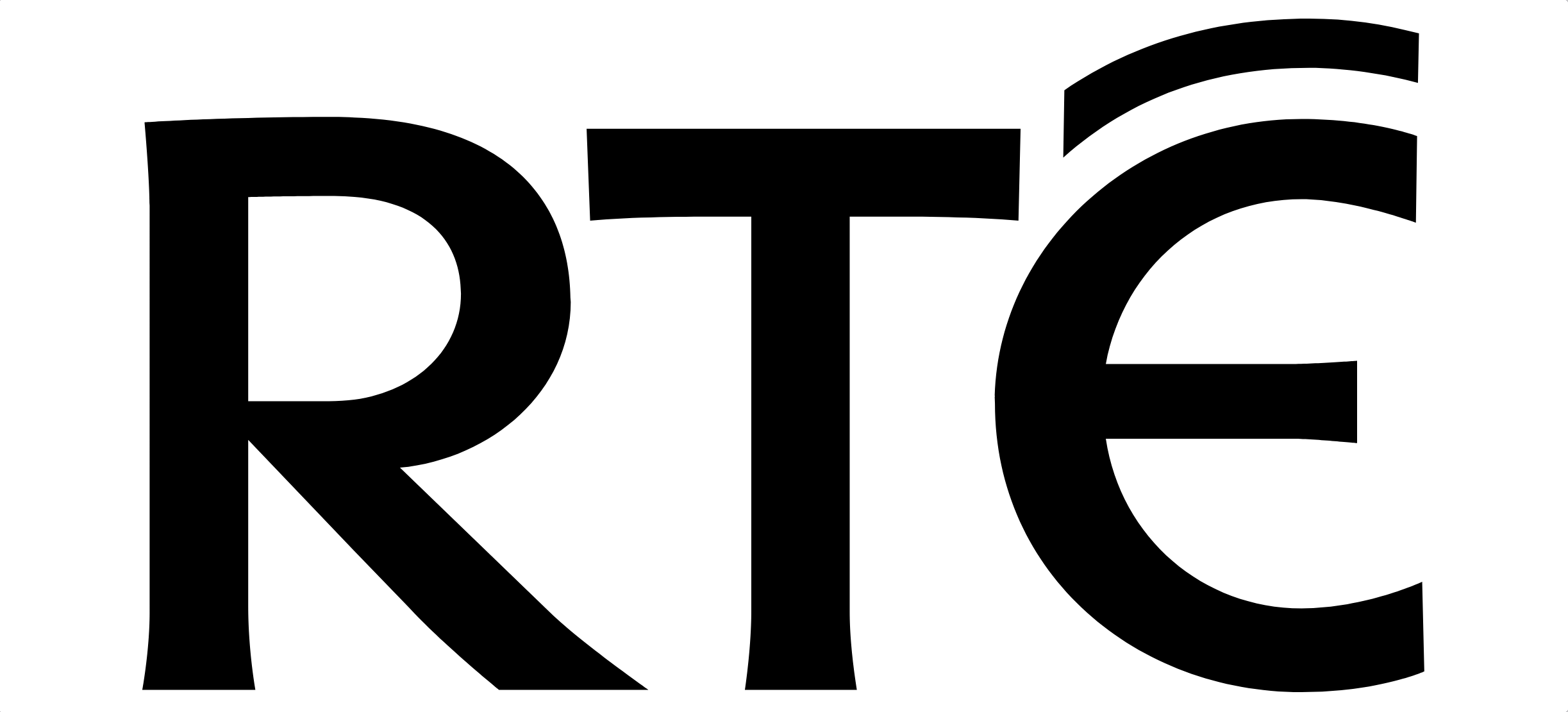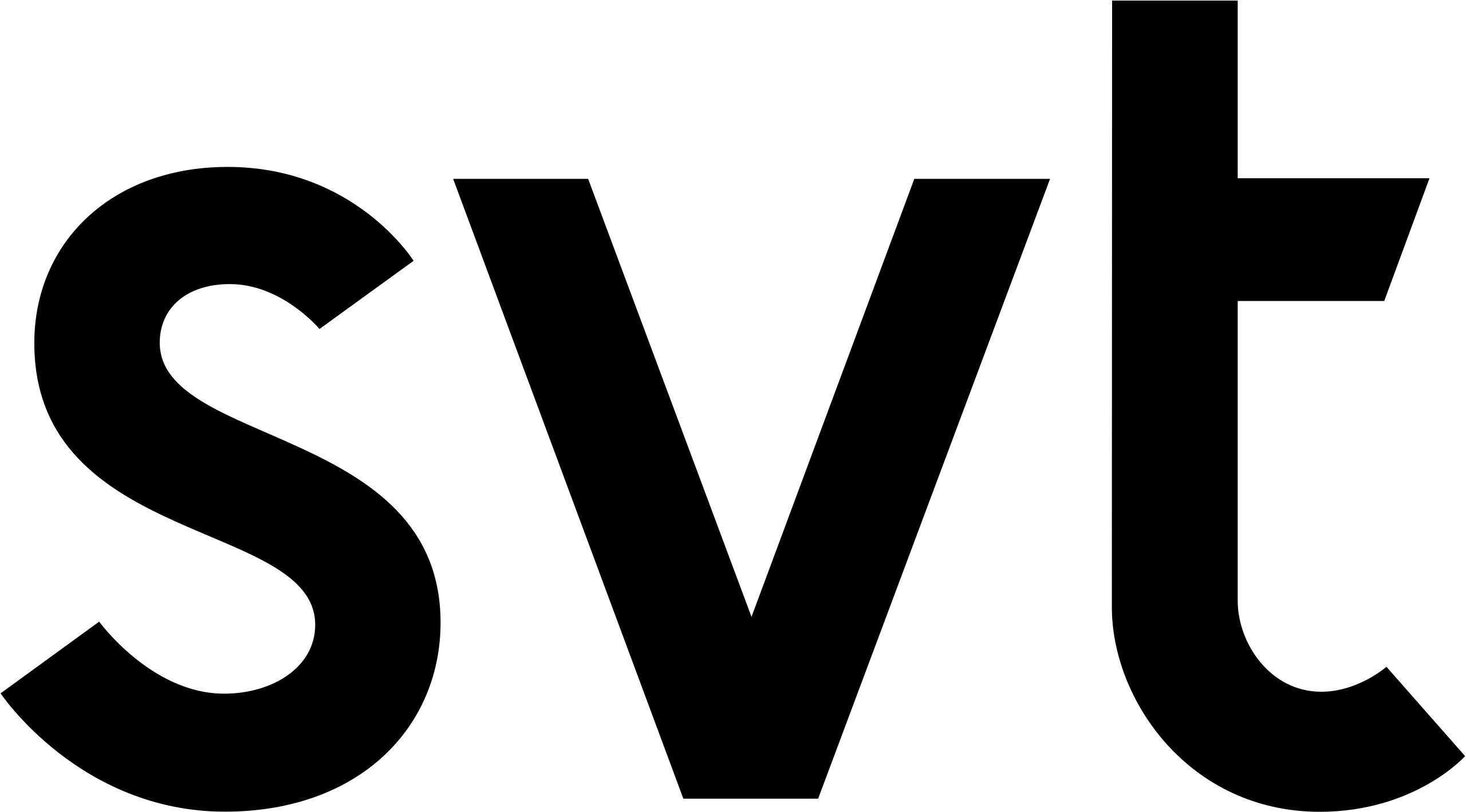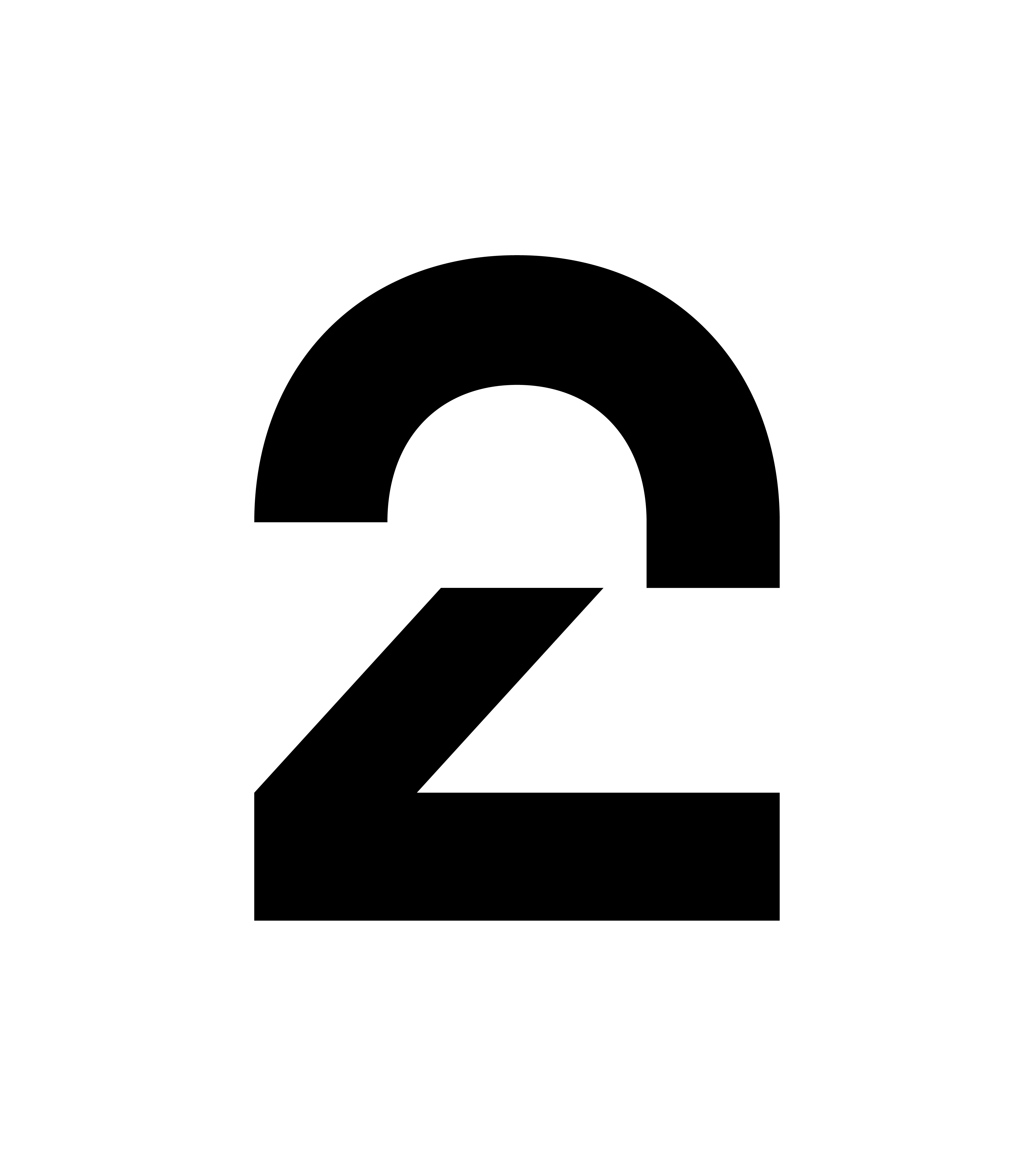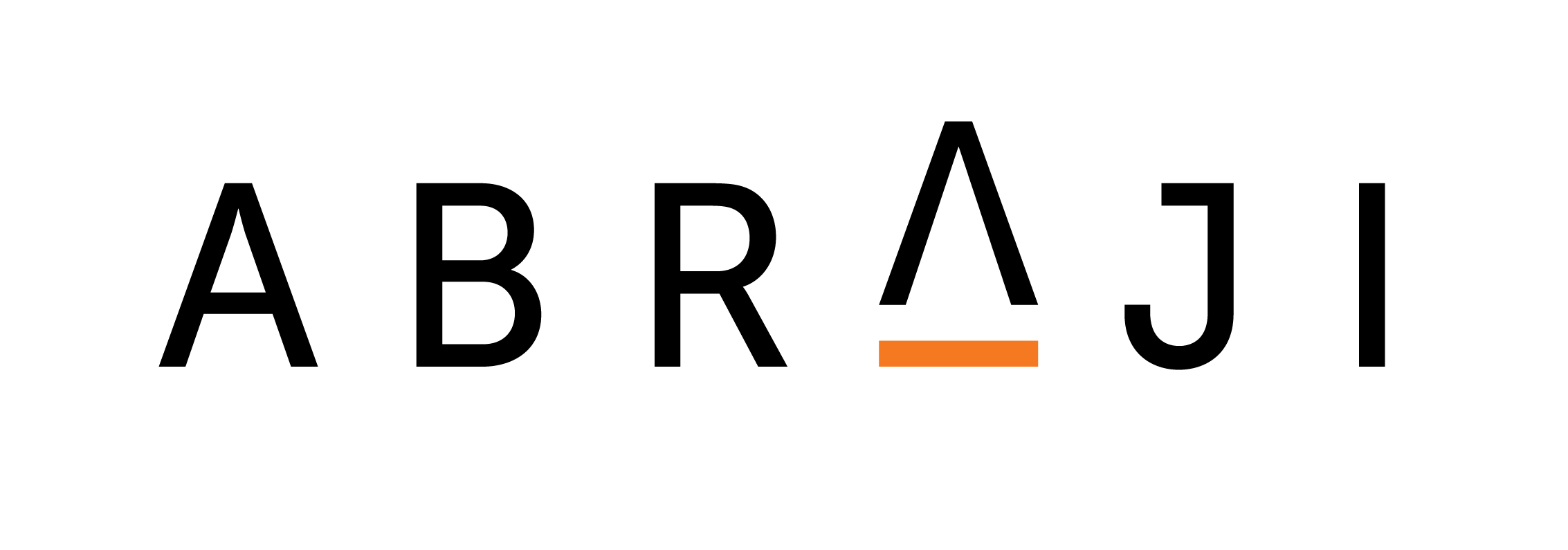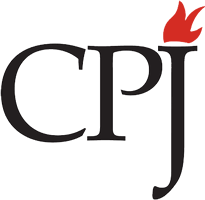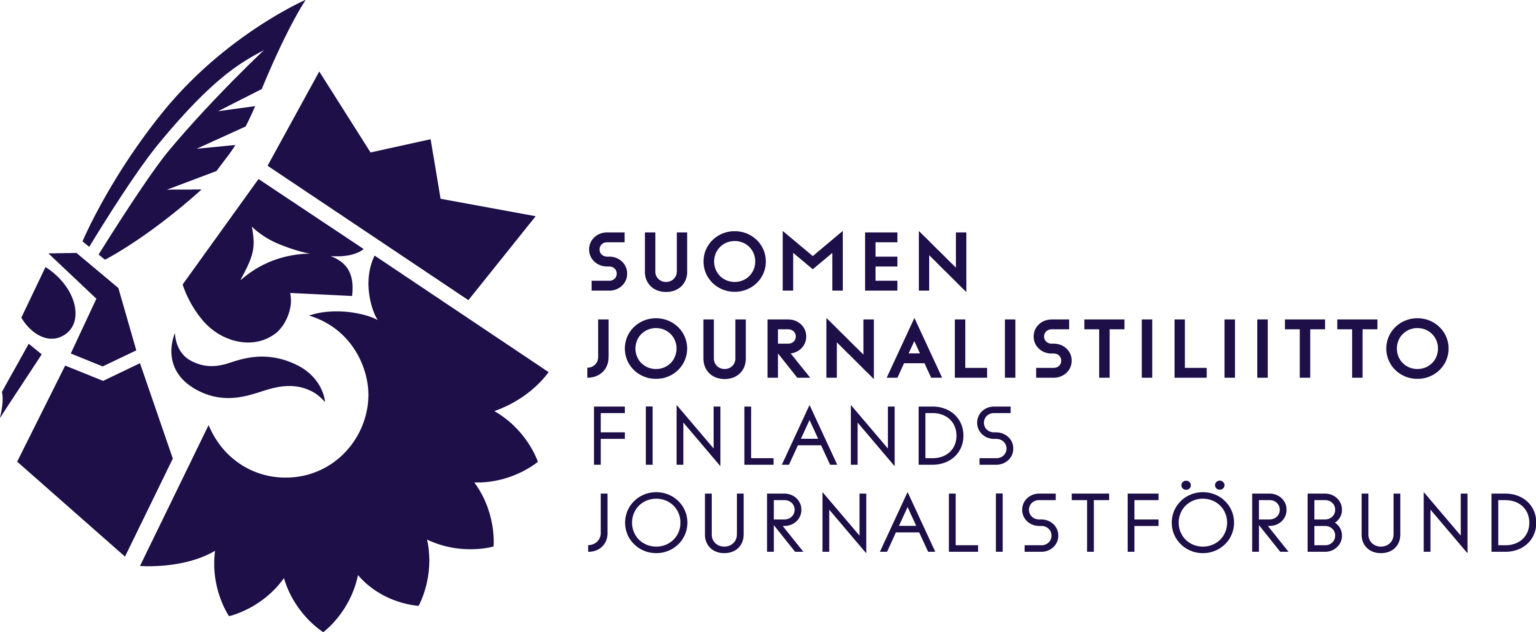The changing perception of journalists from positive to negative by the public may have grown exponentially in the past few years, thanks mostly to the Trump presidency south of the border, but it’s been going on for longer than that.
During the 2011 federal campaign in Canada, my CBC colleague Terry Milewski asked the then prime minister Stephen Harper about minority government scenarios. He was booed by the partisan crowd who tried to cover his questions with applause for Harper and shouted “Defund the CBC” in an aggressive manner.
US presidential campaign events in 2012 were full of acrimonious episodes between supporters and the so-called mainstream media. Sarah Palin in 2008 had even nicknamed it the “Lamestream Media”, so we know that “Fake News Media” and “Enemy of the People” are just much worse names to describe an already tense relationship. It all comes from the desire by political parties and politicians to have as few filters as possible for their message.
How is this relevant to security?
The media wears different tags, are contained in media areas or pens at the back of the room, broadcasting booths or positions that are always identified with big signs. During election campaigns, some political parties hold press conferences in the room where the rally or event took place so partisans are still around. That makes us targets. I remember three of my female TV colleagues, still in the holding pen, being called “lying pieces of s***” by one older gentleman after they’d asked Stephen Harper difficult questions about the Duffy affair in 2015.
Outside of the political sphere, the security situation has changed in covering protests as well. It is not rare in protests organised by groups from the extreme right and the extreme left that journalists are singled out as part of the problem, insulted and even physically threatened. Police are less tolerant of our presence. It is more and more difficult to pick a safe vantage point.
Photographers are always in the worst possible situation, trying to be in between. Journalists often have to choose sides or try the sidelines if accessible. But as soon as they are within the crowd, there is the danger of being surrounded and confronted.
Polarised opinions were always a reality
Journalists were always put in the difficult situation of defending their impartiality. We used to say, and I still hear this often, that if we get complaints from both sides, we are doing a good job. What has changed is that social media attacks remove the respect. Journalist are no longer people. And when you add mob mentality you get trolling or worse. Protecting journalists’ personal details online as much as possible is essential. I am from a time when foreign correspondents were welcomed most of the time and seen almost as valuable a presence as foreign aid workers.
Today we are a target for theft, a potential hostage or squarely the enemy. I asked a colleague, Adrienne Arsenault, what is was like recently reporting from Columbia on the influx of Venezuelan refugees. Security measures are always country dependent, she said, but in this case they took the Canadian flag off the gear because they no longer think’s it’s helpful; it not only says target for theft but it’s also an invitation to kidnap.
Country perceptions matter
Adrienne said that the perception of Canada as a welcoming place is more rooted now than it was before [Trump]. People know about Trudeau. The Quebec separatist card can even be helpful. In 2014, in Russian-occupied eastern Ukraine, my colleague Mitch Potter from Toronto was detained on the side of the road by civilian friends of Russia. He had conveniently left his Canadian passport at the hotel but had to admit he was a journalist.
By uttering all the words he knew in French, he convinced the Russian-only speakers that he was from Quebec, a province which wanted its independence just like eastern Ukraine etc. He was able to leave. But Canada’s reputation is not always seen as positive. In the Middle East, there’s the recent spat with Saudi Arabia, and now Canada has deployed soldiers to Mali. I don’t know how their presence will affect the country’s image.
Under Harper, the Palestinians didn’t like the Canadian government’s cuts to the Palestinian Authority after the election of Hamas. In Iran we have yet to re-establish diplomatic ties and it is a nightmare to obtain a working visa but once on the ground Canada’s reputation is excellent with ordinary people. Playing the Canadian card might be helpful in some instances but it has to be weighed against other concerns such as theft or kidnap.
This speech was given by CBC Radio-Canada journalist Manon Globensky at an INSI meeting in Montreal.


